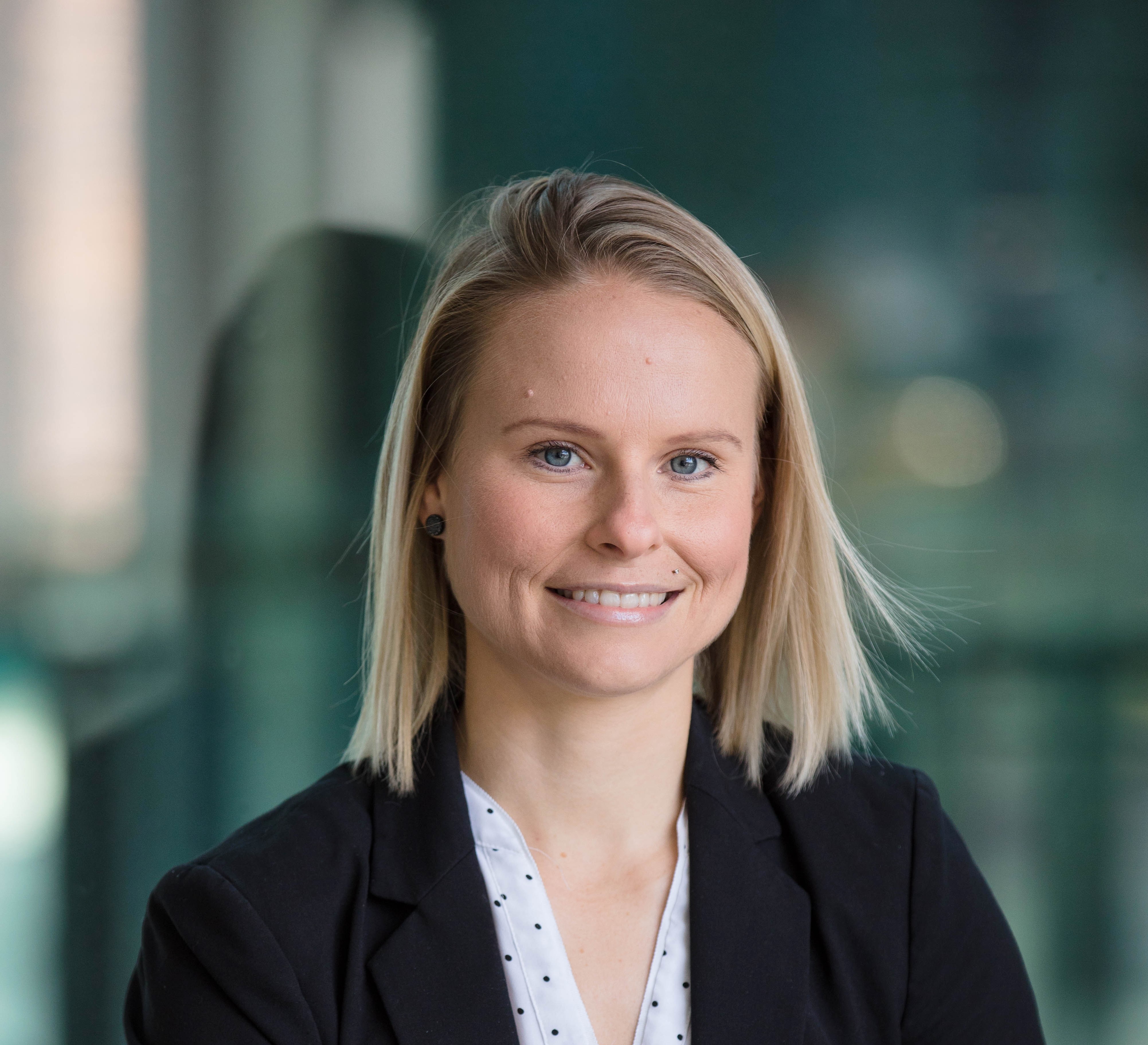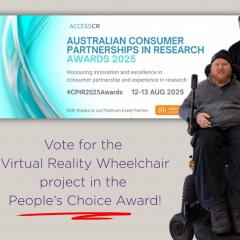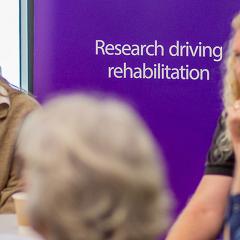Allied health students’ experience of a rapid transition to telerehabilitation clinical placements as a result of COVID-19
What is the research about?
This study was conducted to explore students’ perceptions of telerehabilitation prior to and following the rapid transition of clinical placements in the UQ Health and Rehabilitation Clinics to telerehabilitation due to COVID-19. Despite initial concerns, students were able to transition to telerehabilitation rapidly and effectively deliver quality care, modify techniques, and achieve positive client outcomes.
What did the researchers do?
This was a qualitative study, where data were collected via semi-structured, in-depth interviews to ascertain students’ perspectives on care delivery via telerehabilitation. Students across the audiology, speech pathology, physiotherapy and occupational therapy disciplines, who had originally been allocated an in-person placement within the UQ Health and Rehabilitation Clinics that had rapidly transitioned to telerehabilitation, were eligible to participate. Students completed clinical placements between March and September 2020. Data were collected between July and September 2020 and analysed qualitatively using thematic content analysis.
What you need to know:
This study demonstrated that students could transition to a telerehabilitation service model rapidly when appropriately supported. Notably, the students were able to deliver the same quality of care to patients as the previous in-person model.
What did the researchers find?
Despite initial concerns, students effectively transitioned to telerehabilitation for delivering clinical services in student-led clinics. Prior to their placement, students had concerns about the effectiveness of telerehabilitation, communicating with clients via telerehabilitation and using technology to deliver therapy.
Upon reflection and at the completion of their placements, students felt they were able to rapidly transition to telerehabilitation and effectively deliver quality care, make the required modifications to assessment and treatment techniques, and achieve positive client outcomes.
Students felt their skills, knowledge, and confidence improved throughout the placement and with rapid exposure to telerehabilitation. Many students also indicated a willingness to continue using telerehabilitation in the future, and particularly in a hybrid model, where in-person consultation and telerehabilitation consultations are utilised for patient care.
How can you use this research?
The findings of this research provide key recommendations for student-led clinics wishing to establish or increase the delivery of telerehabilitation services. Firstly, undergraduate study should include theory and practical telerehabilitation content prior to the clinical years of their programmes. This content should cover the technology, strategies for optimising communication and clinical strategies for modifying traditional approaches to assessment and treatment to fit a telerehabilitation model. The development of training manuals and videos, hands-on experience using the technology, opportunities for demonstration and simulation of patient consultations and the development of client resources (i.e. troubleshooting guides, information handouts) would be advantageous.
Institutions considering including telerehabilitation as a model of service delivery in student-led clinics should also ensure they have access to appropriate infrastructure, including equipment and technology (including for clients utilising the service).
About the researchers

Dr Megan Ross is a postdoctoral research fellow at RECOVER Injury Research Centre.
Ms Andrea Whitehead is the Clinical Manager of the Telerehabilitation Clinic, School of Health and Rehabilitation Sciences, The University of Queensland
Ms Lauren Jeffery is the Physiotherapy Clinics Manager at The University of Queensland
Dr Annie Hill is a postdoctoral research fellow and founding member of the Centre for Research in Telerehabilitation, The University of Queensland
Associate Professor Nicole Hartley is a research academic with the UQ Business School.
Professor Trevor Russell is the Director of RECOVER and leads the Technology-enabled rehabilitation research stream.
Citation
Ross, Megan H, Andrea Whitehead, Lauren Jeffery, Annie Hill, Nicole Hartley, and Trevor Russell. 2022. “Allied Health Students’ Experience of a Rapid Transition to Telerehabilitation Clinical Placements as a Result of COVID-19.” Australian Journal of Clinical Education 10 (1): 1–31. https://doi.org/10.53300/001c.32992.
Keywords
Telerehabilitation
Allied health
COVID-19
Clinical education
Contact information, acknowledgements
m.ross@uq.edu.au – Corresponding author
@meganhross – Twitter



